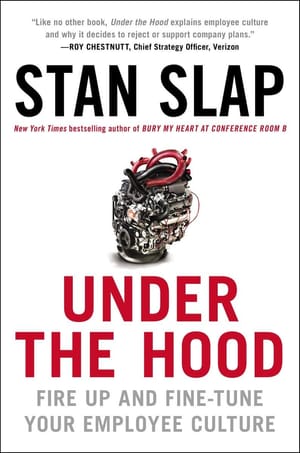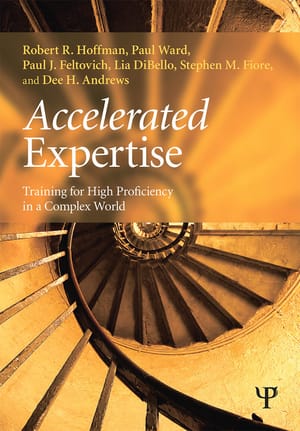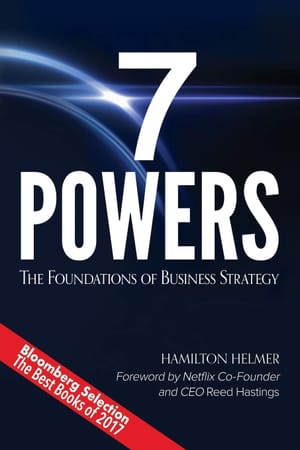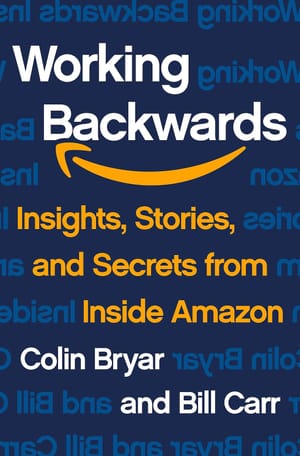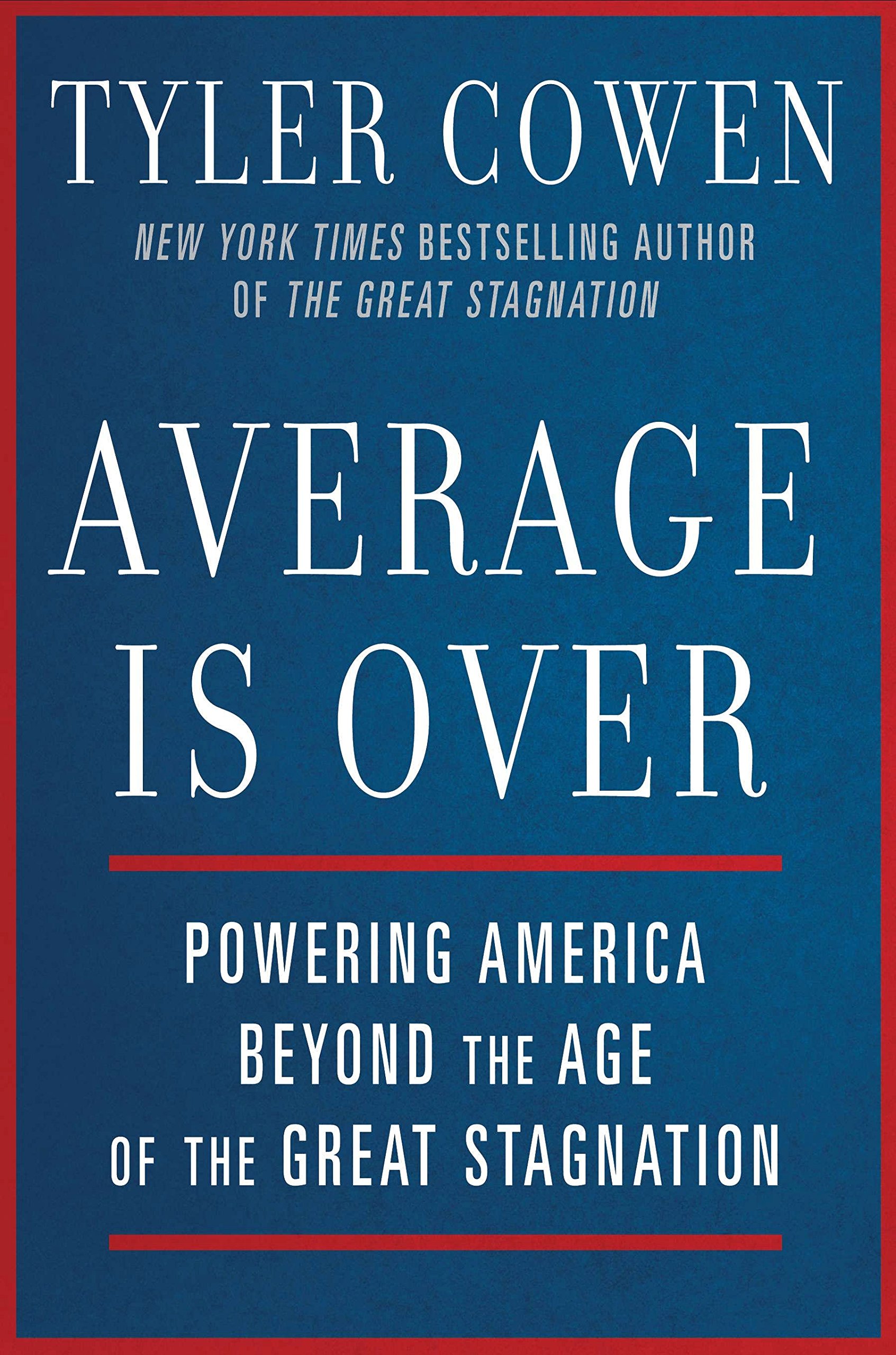
This is a summary of a mediocre 🌿 branch book. You may read this summary in lieu of reading the actual book. Read more about book classifications here.
Average is Over is an average book by George Mason University’s Professor of Economics Tyler Cowen. To qualify: some of the ideas in it are radical and provocative. But overall, the book itself is badly organised, wildly speculative, and probably better as a series of blog posts on Professor Cowen’s blog, Marginal Revolution.
The core idea of Average is Over is that the world is splitting into a rich class and a poor class, with not much of a middle class in between. The split is happening now, as a result of: 1) globalisation, 2) increased productivity from machine intelligence, and 3) a weird reality where our economy is splitting into several highly dynamic sectors (like telecommunications and AI) and several really stagnant ones (like education, and news).
The rest of the book follows directly from working out all the implications of this core idea.
New winners and new losers for a new economy
As far as Cowen is concerned, the key questions we should ask ourselves are: “are you good with intelligent machines?” or “are your skills a good complement to intelligent machines?” If the answer is yes to either, then you are on the side with the jobs. If you are not, or if you answer ‘yes’ to “are you competing against machines?” then your future isn’t very bright.
Cowen spends a particularly good chapter arguing that the 2009 financial crisis caused a permanent contraction in the labour market. Businesses cut jobs — many of them middle class, mid-skill, mid-productivity jobs — and realised that they didn't really need them in the first place. Those jobs are not coming back. Cowen thinks this was possible due to productivity gain (technology), coupled with the ease of outsourcing for the lower skilled jobs (outsourcing).
It probably pays to think about how this new employment market would look like. Broadly speaking (the book isn't as organised as I'm making out to be), there are 2 new categories of winners:
- The cognitive elite. These are the new high earners: people who are able to thrive in a world of machine intelligence and complex large-scale operations. They are either able to do so by working on machine intelligence, working with machine intelligence, or managing workers as part of a highly complex system of production.
- The service class to the new high earners. These include tennis coaches, cleaners, Uber drivers and teachers, who service the new high earner class.
Cowen examines both classes over a series of chapters.
The cognitive elite
What would this new cognitive elite look like? As Cowen opens:
The current array of scarce and plentiful resources now means high wages or capital gains to talented and inventive workers, and pretty low returns on ordinary labour and ordinary savings.
A concrete example: putting a predator drone in the air for 24 hours takes about 168 workers labouring in the background. Cowen writes that the US Air Force's "number one manning problem ... is manning our unmanned platforms.” This includes technicians to fix and maintain the drones, as well as analysts to sort through the subsequent video and surveillance feeds. This is the kind of job that should grow over the next few decades. The broad take is that:
If a labourer can augment the value of a major tech improvement by even a small bit, she will likely earn well.
Managers
The arc of the workforce bends towards higher productivity, thanks to better telecommunications and intelligent machines. This has a number of implications. For instance:
- Teams becomes smaller. Productivity means less people doing more work, after all. This then means that:
- Conscientiousness becomes more important. Conscientiousness is a psychological trait that roughly maps to 'dependability’. It's easy to see why this should be more important: you can tolerate a slacker in a big team. You can't in a small one. Cowen points out that women are the big winner here: they are on average more conscientious than the average male. Either way, though, people who aren't that conscientious are going to do badly in the new economy. Which leads us to:
- Good, skilled managers should increase in importance. Someone's got to do something about those non-conscientious workers, after all. Cowen points out that the modern workplace prizes exactness of execution, consistent coordination over time, and the increased importance of motivation and monitoring. All of these imply an increasing need for skilled managers, who are able to motivate well, hire talented people, and handle these complex coordination tasks.
Marketers
Cowen thinks that in addition to technically proficient workers, the other ascendant class are the marketers. He doesn't mince words:
I see marketing as the seminal sector for our future economy. (...) The growing importance of marketing integrates two seemingly unrelated features of the modern world: income inequality and increasing pressures on our attention.
To put this another way: the attention of the new rich is finite; figuring out ways to get them to buy things is the key to making lots of money.
Marketing is just one example of a class of cognitive worker who isn't necessarily technical. The other one is the highly-skilled recruiter, the kind who's able to recruit technically proficient workers for the workplaces of the near future.
You can perform this analysis for other workers, of course. Ask yourself: who else benefits from the rise of high productivity, small-member teams?
What would these actual workers look like?
This analysis still begs the question, though: what would these high-skilled, machine-augmented workers look like? Here, Cowen leans on his childhood obsession with chess.
He describes freestyle chess, a type of chess competition where teams of humans collaborate using powerful chess programs to play against each other. The skills that matter in this world are very different from the skills required to become a grandmaster: here, it is the ability to trust the machine, to absorb large amounts of information, and to quickly evaluate the various judgements from different chess programs. The very best freestyle teams outperform the very best chess programs, in the same way that the chess programs outperform the best grandmasters.
Cowen concludes that below a certain level of skill, the machine is better working alone. But, counter-intuitively, above a certain level of human operator skill, a human-operator-and-machine hybrid will outperform pure machine or pure human workers.
The skills needed for this — and the kinds of intelligences required by it — are very different from what we've seen before. Cowen thinks that for a certain class of workers, knowledge in a particular subject matter would decrease in importance compared to the ability to know one's own cognitive biases and limits in reference to the machine.
The other ‘winner’: service workers for the high earners
Cowen thinks that service workers for the new high earner class will also see growth. Examples include coaches, therapists, beauticians, educators, government officials and cleaners.
The two properties that seem to matter for this class is that they service the needs of the high earners (without any hint of irony, Cowen writes “At some point, it is hard to sell more physical stuff to high earners, yet there is usually just a bit more room to make them feel better. Better about the world. Better about themselves. Better about what they have achieved."). The other property is that these jobs can't be easily outsourced.
A couple other implications follow naturally from this bifurcation of the labour market:
The new geography
Cowen rightly observes that talent tends to cluster in high-productivity cities. The clustering effect compounds: if London or San Francisco pulls ahead as a high-innovation, high-productivity city, more people continue to gather at those cities, searching for higher pay, causing them to be even more productive, ad infinitum.
This also applies to service workers for the cognitive class. It's not clear if they can take the high costs of living in these high-productivity cities. Cowen thinks there might be migration to the outskirts of these cities, to places similar to what we consider 'shantytowns’ today.
But these people, migrating to the high-productivity regions, have to come from somewhere. We should see a hollowing-out from less productive regions. Cowen thinks that economic integration doesn't really lead to the outcomes we expect and want. It leads, instead, to a transfer of labour resources into the most highly-valued firms and also into the most highly-valued business regions, away from other regions that started out behind.
Takeaways
The best chapters in Average is Over are about economics — Cowen's field. The worse chapters are the ones where he speculates about the society, politics or technology of the future. I'm leaving out some highly speculative chapters on AI, education, and science in this summary, because I think Cowen's out of his depth there.
My main takeaways from this book is that it's important to consider the ways globalisation and growing machine intelligence might change your industry.
Look out for signals where:
- Machine intelligence begins to change the nature of your work. These tools should start out looking like a harmless toy at first, then grow to require experts to operate, and finally, require 'skilled technicians without much subject matter expertise’, as Cowen has described.
- Watch out when industry stakeholders shift labour to cheaper countries, because it's more affordable to do so. And, finally:
- Watch for new legislation that increases the cost of labour. This includes mandatory healthcare, or, more importantly: legislation that limits immigration into your country — Cowen observes that lower immigration makes it more likely that businesses would outsource.
To put this another way: you must evolve in order to prevent yourself from being replaced — be it replacement from machine intelligence, or replacement through outsourcing.
The bits of the book that has been speculative about technology hasn't aged well. But the bits on the new class of winners and losers in tomorrow's economy are worth thinking about.
Originally published , last updated .

